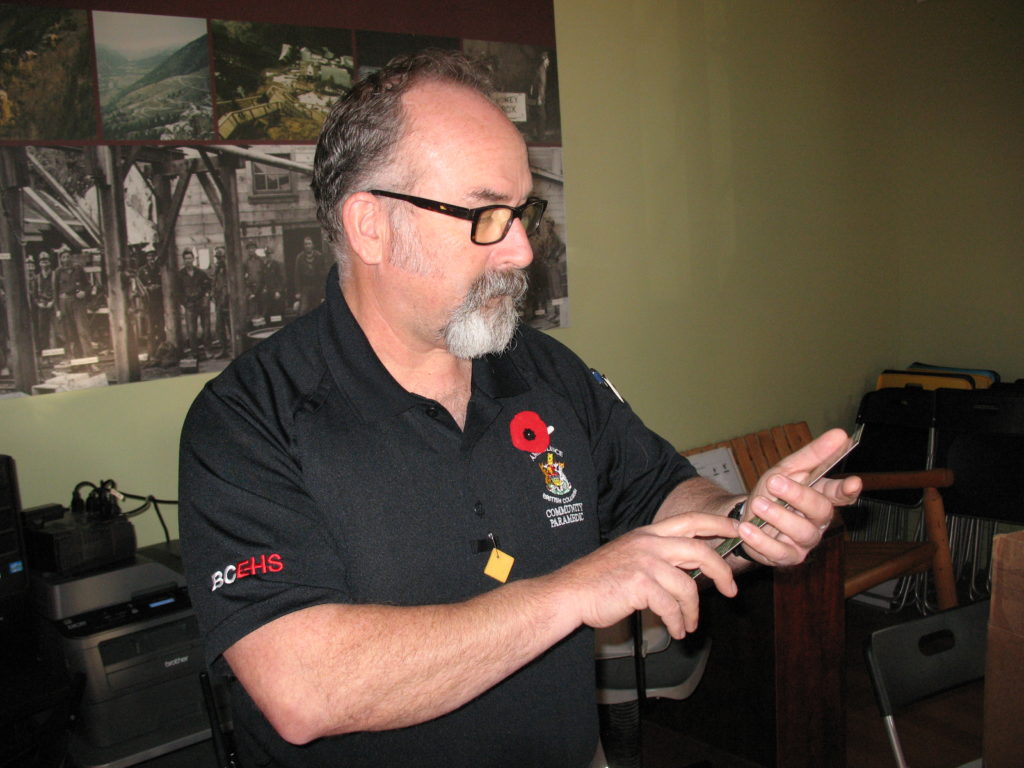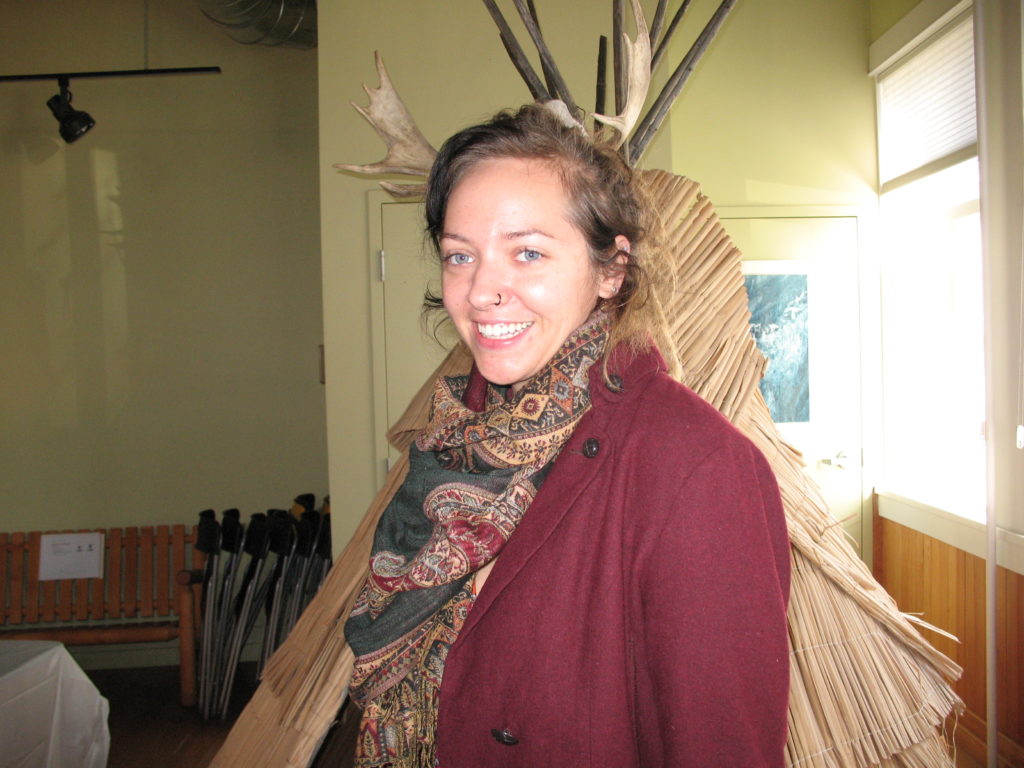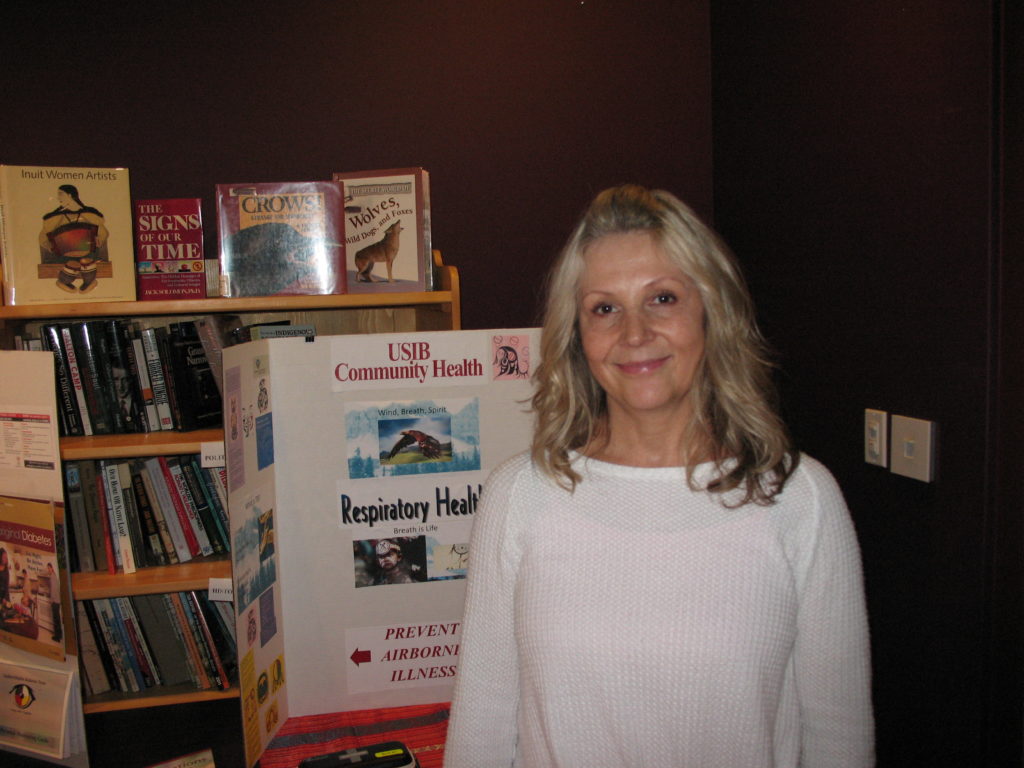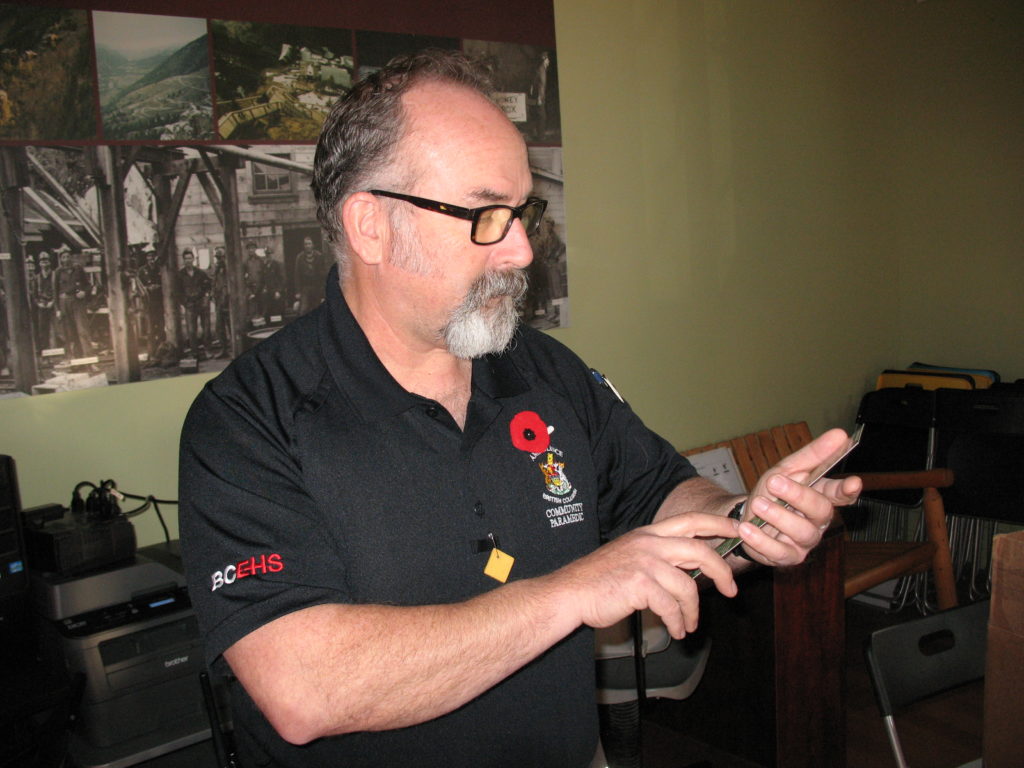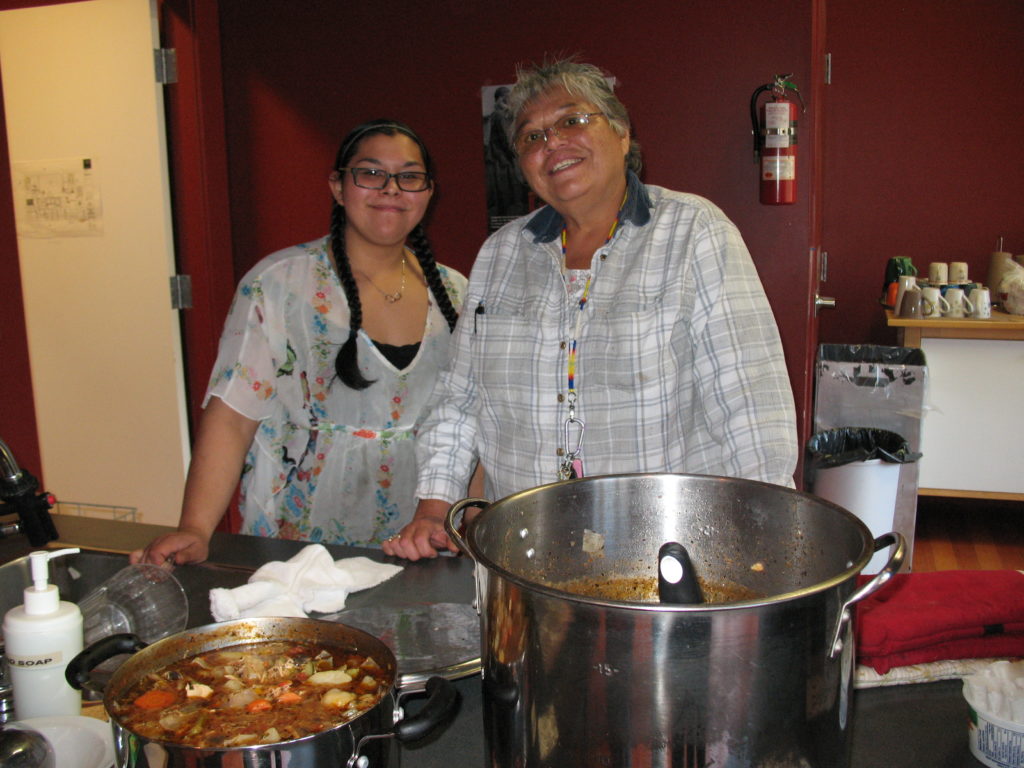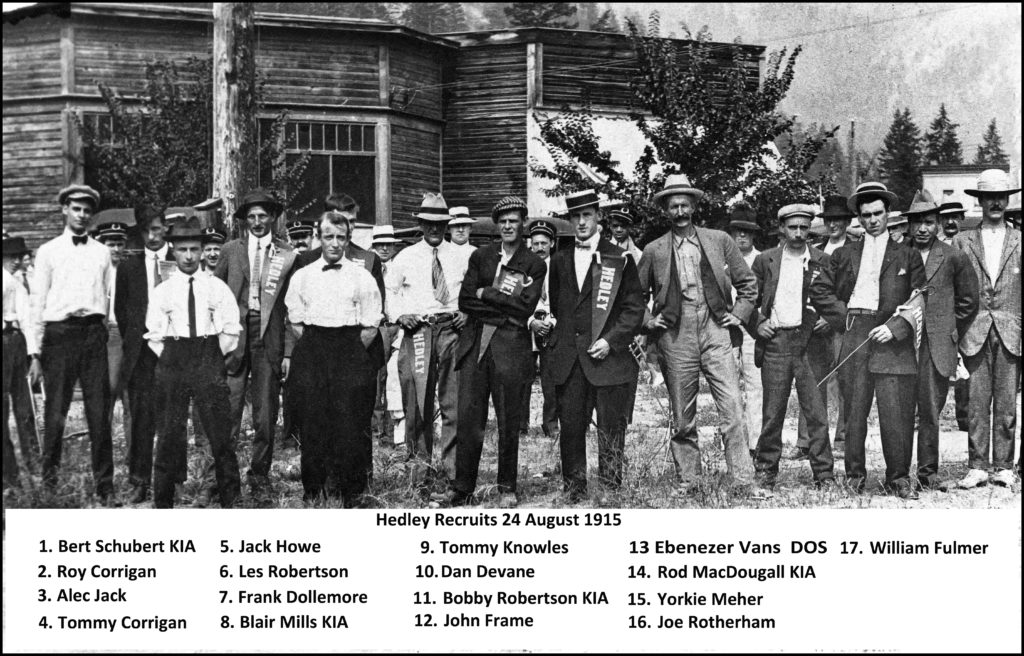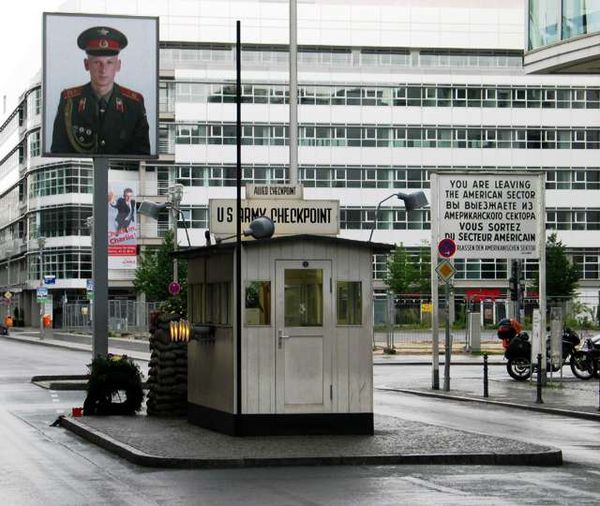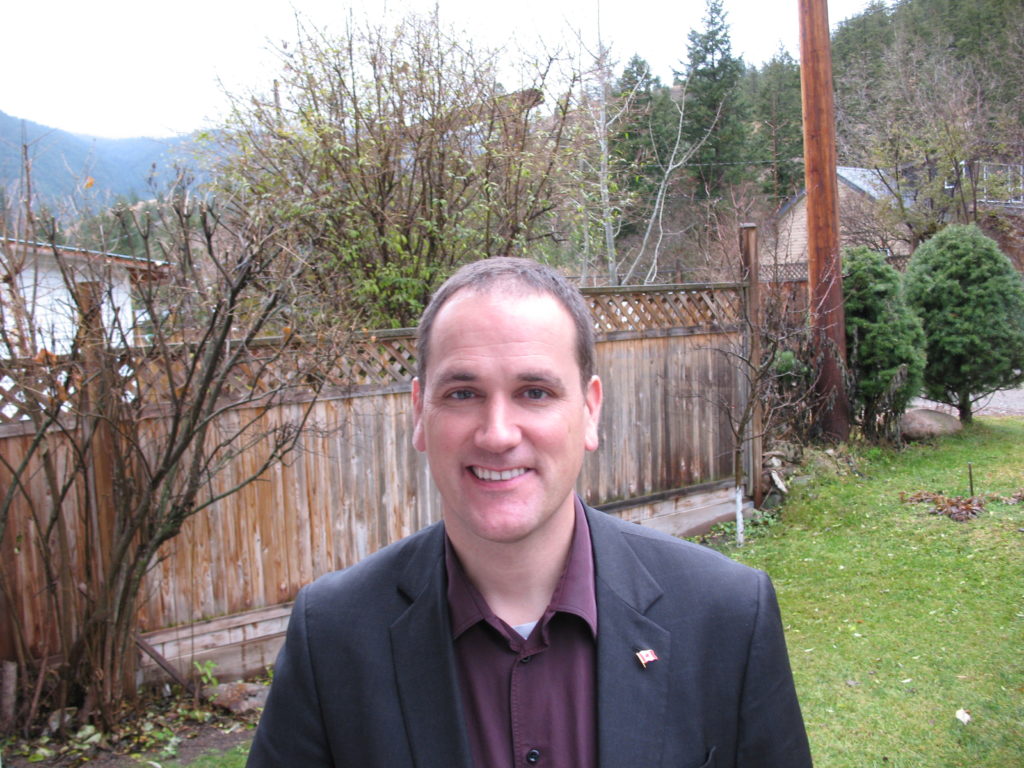
The clever “curve ball” thrown to Parliamentarians by voters in the recent election appears to be fostering some sorely needed pondering in our nation’s capital. Local MP Dan Albas reflected the thoughts being expressed by a number of Parliamentarians when he said, “Hopefully, with a minority government, front and backbench MP’s will be better able to work together across party lines to see more results being achieved and fewer photo ops for political purposes.” A lot of Canadians have waited too long to hear these words.
Dan’s thoughts about the election and its aftermath came during a dialogue with members of the coffee group that gathers at 6:30 a.m. at the Hedley Seniors’ Centre each morning. Although he’d left Kelowna at about 4:30 a.m., he appeared surprisingly fresh and alert. Members of the group asked a number of wide ranging, probing questions, many related to urgent national issues. For us it was a mini-seminar on Canadian politics. His responses helped us understand that at times seemingly reasonable ideas may not work because of unseen, complicating factors.
When concern was expressed about plastics in our oceans and landfills, Dan said, “there is a goal to recycle all plastics by 2040. We do need to be aware that decisions we make often have unanticipated ramifications and we then have to deal with them. For example, we don’t want a plan that will drive up the cost of groceries so high that people can’t afford to eat.”
Turning to the issue of homelessness and food, he said, “I’d like unused food to be donated to homeless shelters. We shouldn’t become so bureaucratic that we can’t do things like this.”
In response to a question concerning immigration he replied, “the Immigration Board is small and overwhelmed. It does a fairly good job but it’s not perfect. It doesn’t have authority to hold a terrorist, but it can hold a drug trafficker.” Then he added a personal note. “There’s nothing more disheartening than to sit with a mother whose daughter is being deported.”
When the subject of tax cuts was raised, Ken Houle said, “I don’t want my taxes cut. I want them to be used well.” Dan agreed. “We need balance in everything,” he observed. “The cuts put in place by the last government benefited primarily people with above average incomes.”
When there was a lull in the conversation, I asked about Andrew Scheer’s leadership qualities and vision. “During the campaign,” I said, “there was a huge outcry concerning the environment. A lot of people demanded action. Scheer seemed not to hear this, or he simply ignored it. He appeared fixated on striking down the carbon tax, although many experts believe it is an essential step in responding to climate change. Did he not understand he would likely lose a lot of votes by turning his back on the environment?”
Dan volunteered that while door knocking during the campaign, a number of people had seemed quite “underwhelmed” by all leaders. He mentioned that the Conservative leader had produced a 60 page document which discussed 5 issues he considered crucial. These did not receive sustained attention in the media.
When he was asked if members who had supported other candidates in the Conservative Party leadership race had been punished, he said, “I voted for Maxine Bernier because I liked his support for inter-provincial trade. I probably should have given more weight to other factors. However, Andrew Scheer didn’t punish me or anyone who voted for another candidate. He selected the most capable individuals for his Shadow Cabinet.”
Dan Albas has served in Ottawa since the 2011 election, sufficient time for some politicians to become jaded. I didn’t sense this about him, but he did express concern that “some people are beginning to not believe anything.” Rather than sink to such a state of thinking about politics, he suggests we ask a lot of questions of our government. “Even a good idea should pass scrutiny of the Opposition and the public. For example, we should ask a lot of questions before we allow aerial surveillance of the ALR.”
Before leaving he repeated his view of the outcome of the election. “I believe Canadians elected a minority government,” he said, “because they want to see greater cooperation and compromise in Ottawa.” If enough Members genuinely agree, we may have less fractious debates in the new parliament. I think of it as the “curve ball effect”.

